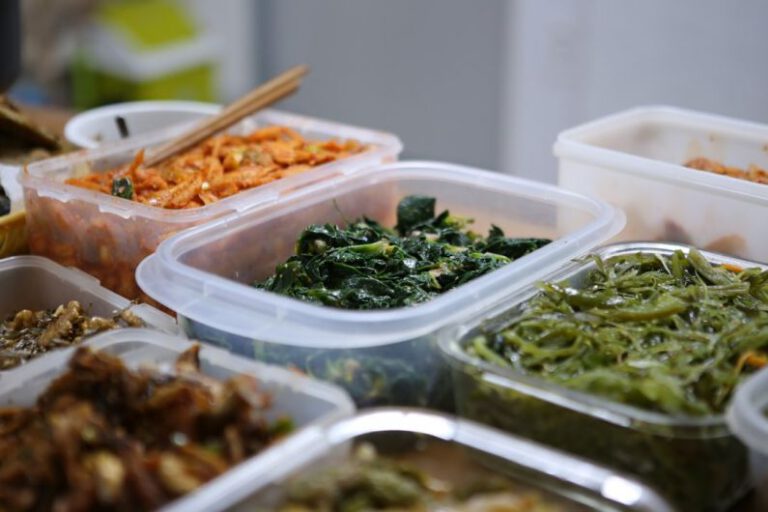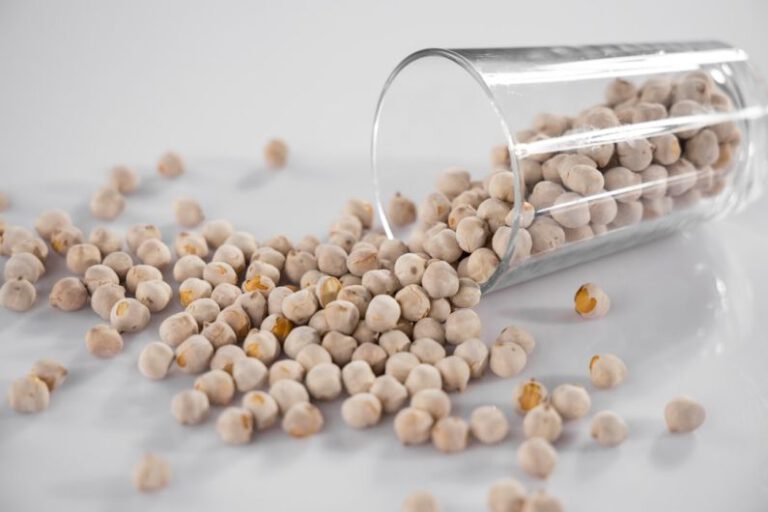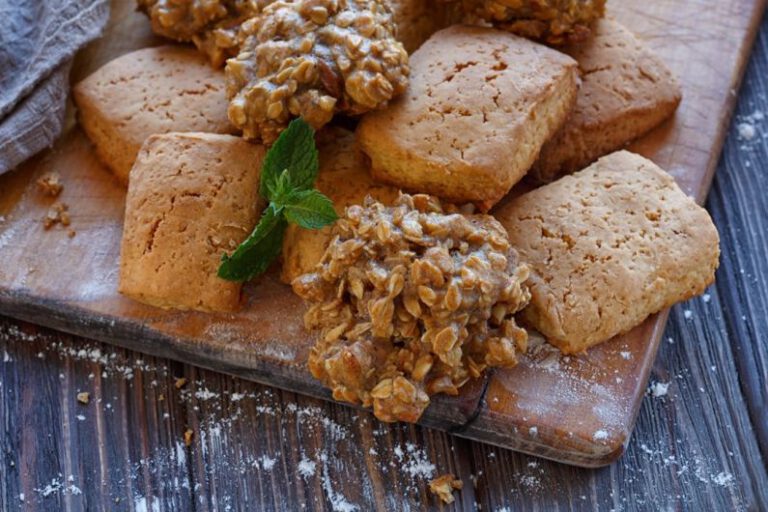Anti-inflammatory Foods to Support Recovery
Intense physical activity, illness, or injury can all lead to inflammation in the body. While inflammation is a natural response to these stressors, chronic inflammation can hinder the body’s ability to recover and heal. Incorporating anti-inflammatory foods into your diet can help support the body’s recovery process and reduce inflammation naturally. In this article, we will explore various anti-inflammatory foods that can aid in promoting healing and overall well-being.
### Berries
Berries such as blueberries, strawberries, and raspberries are packed with antioxidants that help combat inflammation. These colorful fruits contain compounds like anthocyanins, which have been shown to reduce inflammation in the body. Adding a handful of berries to your morning oatmeal or smoothie can provide a tasty and nutritious way to support your body’s recovery.
### Fatty Fish
Fatty fish like salmon, mackerel, and sardines are rich in omega-3 fatty acids, which have potent anti-inflammatory properties. Omega-3s help reduce inflammation by inhibiting the production of inflammatory molecules in the body. Including fatty fish in your diet a few times a week can help decrease inflammation and support the healing process.
### Leafy Greens
Leafy greens such as spinach, kale, and Swiss chard are excellent sources of vitamins, minerals, and antioxidants that can help reduce inflammation. These greens are rich in compounds like vitamin K, which has been shown to possess anti-inflammatory effects. Incorporating a variety of leafy greens into your meals can provide essential nutrients that support your body’s recovery.
### Nuts and Seeds
Nuts and seeds like almonds, walnuts, and flaxseeds are packed with healthy fats, fiber, and antioxidants that help combat inflammation. These plant-based foods are rich in alpha-linolenic acid (ALA) and other anti-inflammatory compounds that can aid in reducing inflammation in the body. Snacking on a handful of nuts or sprinkling seeds on salads can be an easy way to incorporate these anti-inflammatory foods into your diet.
### Turmeric
Turmeric is a spice commonly used in traditional medicine for its potent anti-inflammatory properties. Curcumin, the active compound in turmeric, has been shown to help reduce inflammation by inhibiting inflammatory pathways in the body. Adding turmeric to soups, stews, or smoothies can provide a flavorful kick while supporting your body’s recovery process.
### Green Tea
Green tea is rich in catechins, a type of antioxidant that has been linked to reduced inflammation in the body. The polyphenols in green tea have anti-inflammatory effects that can help support the body’s healing process. Enjoying a cup of green tea throughout the day can be a soothing way to incorporate this anti-inflammatory beverage into your routine.
### Olive Oil
Olive oil is a staple in the Mediterranean diet and is known for its anti-inflammatory properties. The monounsaturated fats in olive oil, along with its antioxidants, help reduce inflammation and support overall health. Using olive oil as a salad dressing or for cooking can be a simple way to incorporate this beneficial food into your diet.
### Conclusion:
Incorporating anti-inflammatory foods into your diet can play a significant role in supporting your body’s recovery process. By including a variety of foods like berries, fatty fish, leafy greens, nuts and seeds, turmeric, green tea, and olive oil, you can help reduce inflammation naturally and promote healing from within. Making small changes to your diet to include these anti-inflammatory foods can have a positive impact on your overall well-being and aid in your body’s ability to recover and thrive.






